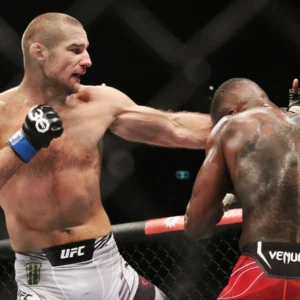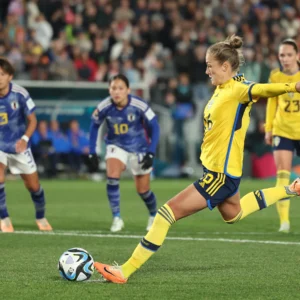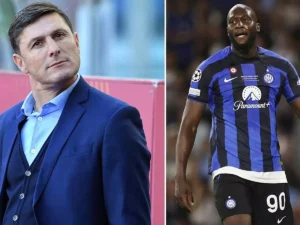To tackle racism in football Spain needs to face its history.

The global outrage over the racist abuse of Vinícius Jr should spark a society-wide conversation on racism and colonial history in Spain.
It has been a month now since Black Brazilian forward Vinícius Jr suffered yet another disgusting episode of racist abuse during a match in Spain. While playing for Real Madrid against Valencia on May 21, he was heckled by fans and called a “monkey”.
The incident triggered outrage in my country, Brazil, and across the globe. Brazilian President Luiz Inácio Lula da Silva called on football bodies to “take measures so we don’t allow racism and fascism to take over”.
The Brazilian football authorities immediately took action to protect our player. They not only condemned the racist abuse and demanded action on it, but also organised an anti-racism campaign and had the whole national team take a knee while dressed in black jerseys during a friendly match against Guinea in June.
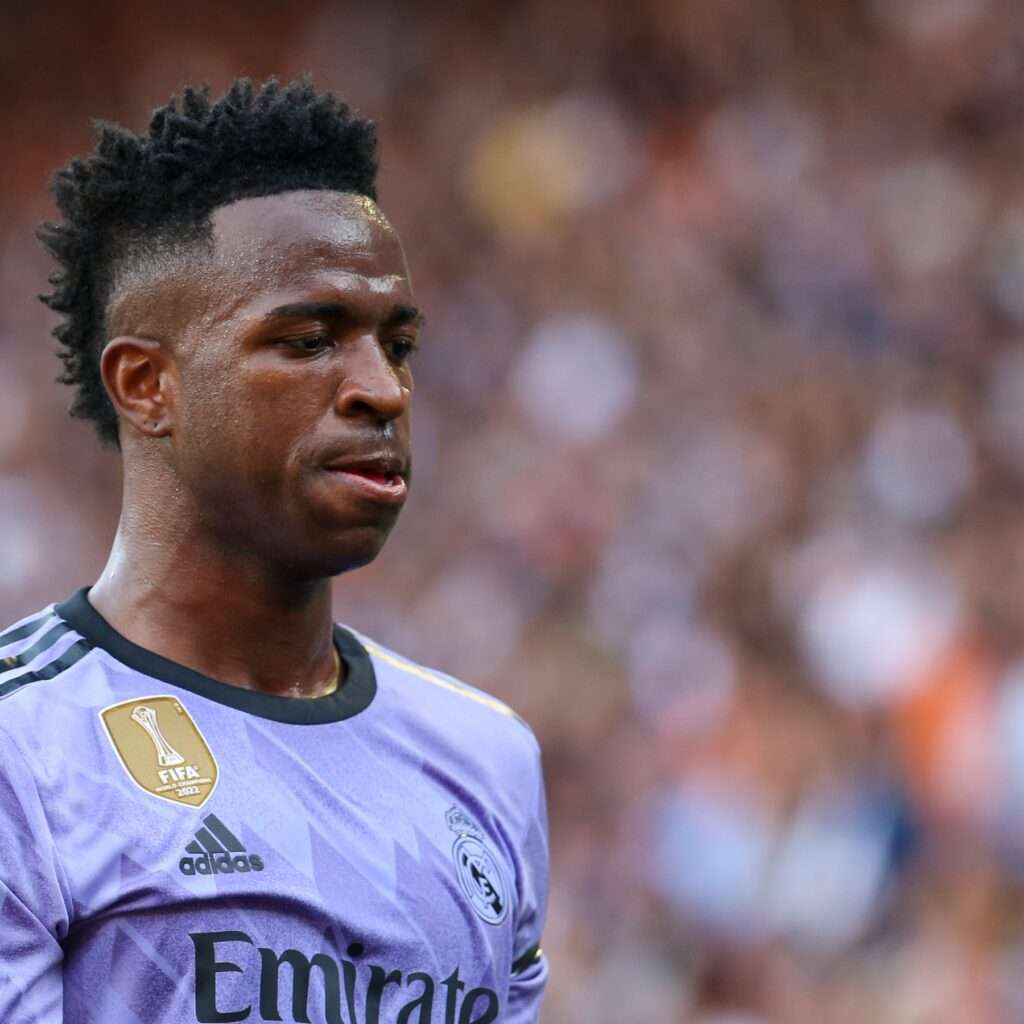
The Brazilian Football Confederation also announced that, along with the Spanish Football Association, it is organising a special anti-racism match between the two national teams to be held next year.
FIFA also showed support. Its president, Gianni Infantino, expressed “full solidarity to Vinicius” immediately after the incident. Last week the football governing body announced that it was creating a special anti-racism committee made up of players and was appointing Vinícius Jr as its chair.
Meanwhile, other Black footballers have spoken up in solidarity with Vinícius Jr and have even considered forming a union to fight racism together.
Celebrities like Formula One champion Lewis Hamilton and American football player Tom Brady have also stood with him.
But while international support for the Brazilian player has been strong, in Spain, reactions have been mixed at best. It is this ambiguity and lack of serious action that led an angered Vinícius Jr to write on Twitter: “It was not the first time, nor the second, nor the third. Racism is normal in La Liga. The competition thinks it’s normal, the Federation does too, and the opponents encourage it.”
Instead of showing unconditional support for the Brazilian player, La Liga, the elite Spanish football league, did the exact opposite. Its president, Javier Tebas, attacked Vinícius Jr for his tweet, saying: “Since those who should have, haven’t explained to you what La Liga is doing and can do in cases of racism, we have tried to explain it to you, but you have not shown up for either of the two agreed dates that you requested yourself.”
Instead of admitting that La Liga has a racism problem, Tebas passed the ball to the Spanish police, which also has done little to combat racist abuse when complaints have been lodged by football teams.
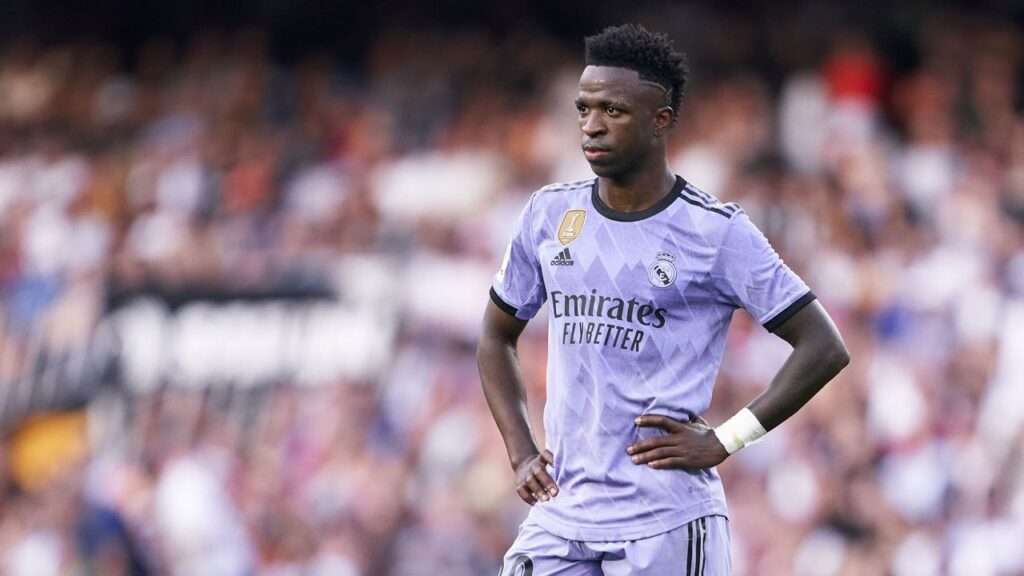
Before the most recent incident, Real Madrid had filed nine formal complaints in two seasons over racism specifically targeting Vinícius Jr. Despite the clearly systematic nature of the racist torment, the Spanish authorities did not take any action on some of these complaints.
An incident in which an effigy of the player was hanged from a bridge in Madrid in January did not see any response until late May, when the police announced it had arrested four suspects. No clear explanation was offered as to why it took them five months to take action on an apparent hate crime.
One has to wonder whether there would have been any reaction from the Spanish authorities to the racist abuse during the Valencia-Real Madrid game had there been no international outrage.
Apart from foot-dragging and dodging responsibility over racist incidents in Spanish football, there seems to be a lot of victim-blaming as well. That Vinícius Jr had “provoked” his racist abusers appeared to be a popular opinion in Spain.
For example, commentator Toni Padilla, who was covering the Valencia-Real Madrid match for LaLiga TV, told viewers on air: “We should stand against racism always but we should also say that Vini Jr is not an angel, he’s not perfect. Sometimes he provokes the other teams.”
After the game, Villarreal goalkeeper Pepe Reina concurred in an interview: “I see that sometimes it’s not just racism, it’s not that a fan is racist or not, but rather that they take it out on a specific player, because he can talk too much at one point.”
Yet Vinícius Jr is not the first Black man to be racially abused in Spanish football. From Rayo Vallecano’s Nigerian goalkeeper Wilfred Agbonavbare who faced “n**”, “go pick cotton” and “Ku Klux Klan!” chants and threats of physical attacks for denying Real Madrid the title in 1993; to Barcelona’s Cameroonian forward Samuel Eto’o being repeatedly racially abused by Zaragoza fans in the mid-2000s; to France’s striker Thierry Henry being called a “Black s” by Spain manager Luis Aragonés; to Barcelona’s Brazilian half Dani Alves being thrown bananas by Villareal supporters while taking a corner.
Despite the long and rich track record of anti-Black racism in Spanish football, the common refrain after the Valencia-Real Madrid match was: “Spain is not a racist country”. Spanish society appears to be in denial about its racism problem which by far is not limited to football.
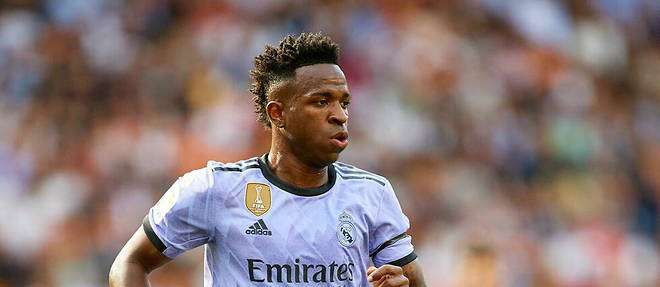
A 2016 report on the situation of Spain’s Black community prepared by several Spanish non-governmental organisations states that racism in Spain exists “in insidious and persistent forms”.
It details the mistreatment, discrimination and harassment that African migrants and Spanish Afro-descendants experience daily. It asserts that there is pervasive racism in the police, judiciary, media and health sectors which affects how public institutions treat – or rather mistreat – Black people.
The report, which was submitted to the Spanish parliament and the United Nations human rights office OHCHR, also states that “racism remains a taboo topic” in Spain and then elaborates: “[There is] an absolute public and educational erasure of the enslaving and colonialist Spanish past.”
While European nations, in general, do not seem too eager to admit to and apologise for the enslavement and colonisation of other peoples, Spain seems to be particularly behind in coming to terms with its history.
One just has to look at the reaction of Spanish politicians when US President Joe Biden declared ahead of Columbus Day in 2021 that the arrival of Europeans to North America led to a “wave of devastation” for Native Americans and called for “these shameful episodes of our past” not to be buried.
In response, Pablo Casado, leader of Spain’s conservative Popular Party (PP), said in a video posted on Twitter: “Does the Kingdom of Spain have to apologise because five centuries ago it discovered the New World, respected those who were there, created universities, created prosperity, built entire cities? I don’t think so.”
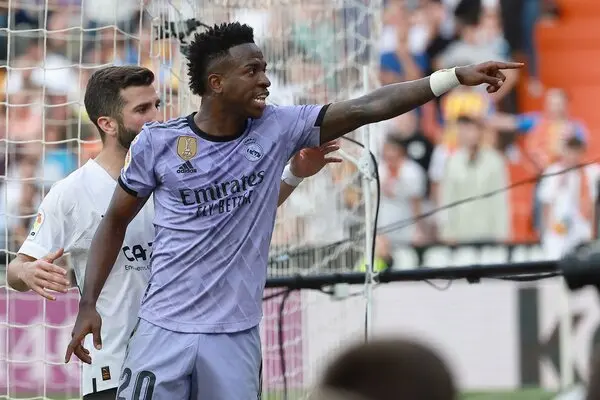
Spain clearly is not ready to apologise, much less remember its history correctly. Apart from the destruction Spanish colonisation wrought on two continents, official historical memory also conveniently excludes the role the Spanish Empire played in slavery.
In the aptly titled article, The end of self-delusion? Challenging slavery’s heritage in Spain and Catalonia, scholar Adrià Enríquez Àlvaro wrote: “Public historical discourse in Spain has neglected slavery while exoticising colonial America as a space of social mobility and enrichment.”
He then adds: “Without fully facing its past, Spain will have difficulty recognising the racial discrimination that continues to exist.”
In other words, what has been happening to Vinícius Jr in Spanish stadiums and Black people in Spanish streets is a reflection of Spanish society’s refusal to accept uncomfortable historical facts. That is why fining fans for hurling racial abuse or banning them from matches will not solve the problem. Referees can stop matches all they want but that will not stop racists.
In refusing to face historical and present realities regarding race and racism, Spain is definitely not an outlier. My own country suffers from a similar delusion – that despite our history of slavery and colonialism, we live in a “racial democracy”.
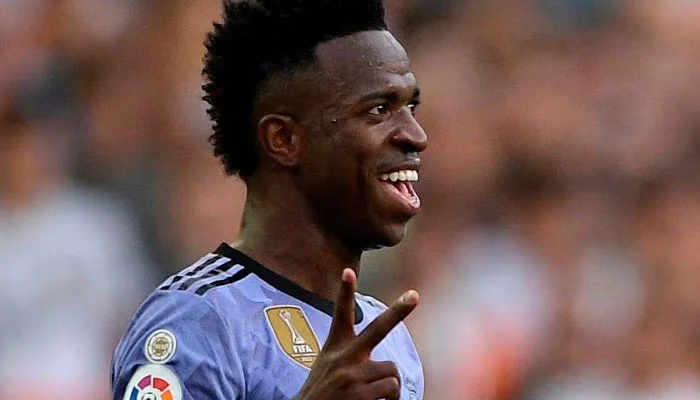
For Black people and other communities of colour to be safe on and off the pitch, Spain, Brazil and all other countries that suffer from historical denial need to face their past and open a nationwide dialogue on race and racism.
Football can and must play a key role in this. The inherent egalitarianism in the beautiful game makes it a natural conduit for anti-racist ideas, equality and social solidarity.
All the attention the racist abuse against Vinícius Jr has garnered can be used to start an important conversation on racism at stadiums that can then spread into Spanish society at large. But that will require courage and vision from the Spanish football authorities. They now have the ball.
Source: Aljazeera
Richard Koomson| mediacentralonline.info |Ghana
kindly send us your stories on our WhatsApp line 0500004727




